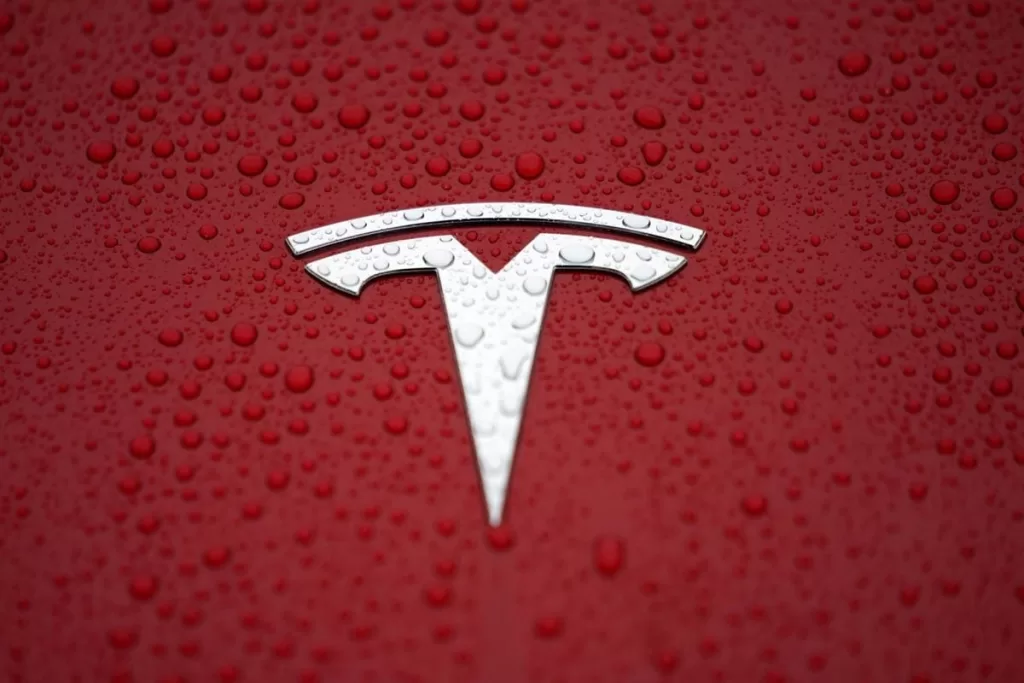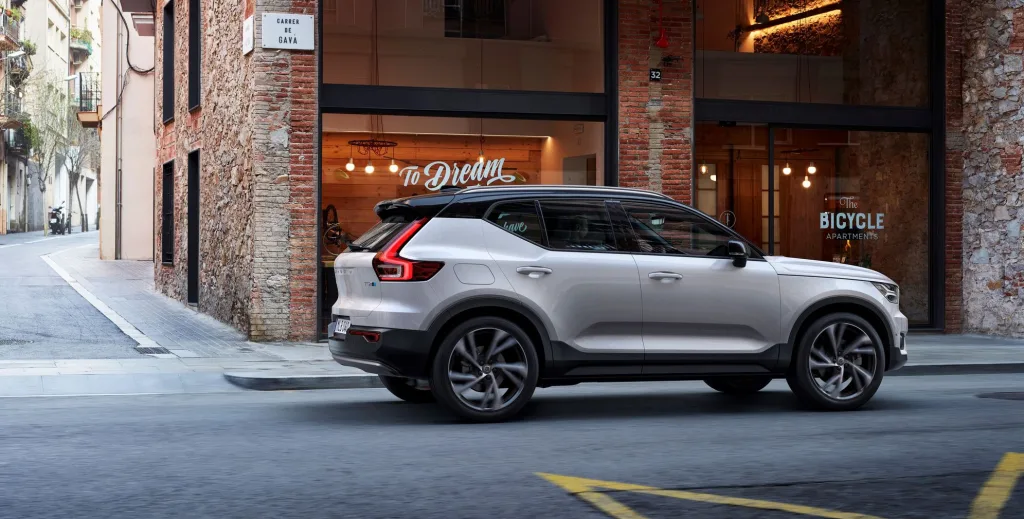As the popularity of electric cars grows, so does the potential for congestion and long waits at charging stations when demand surges. A recent investigation conducted by Chalmers University of Technology in Sweden.
Today’s charging infrastructure can be a labyrinthine landscape. The market is intricate, with various subscription models and fierce competition among providers. Some fast-charging stations even experience gridlock and lengthy queues. In their research, Chalmers scientists devised a mathematical model to explore.
“Electric vehicle owners can opt to share data with charging providers and receive tailored price proposals from smart stations. Our study revealed how savvy, self-interested drivers respond by accepting only advantageous offers, ultimately minimizing both costs and wait times,” explains Balázs Kulcsár, a professor in the electrical engineering department at Chalmers.
Throughout the study, drivers retained the choice to reject personalized pricing and opt for a traditional station with fixed rates. The individual prices offered varied considerably but were consistently lower than market rates. For charging station providers, the iterative AI algorithm determines which price points are accepted by consumers and under what circumstances
“Smart charging stations hold the key to navigating intricate pricing dynamics in a competitive market. However, our findings underscore the importance of developing and implementing these stations with consumer privacy safeguards, aligning with ethical AI principles,” underscores Balázs Kulcsár.













